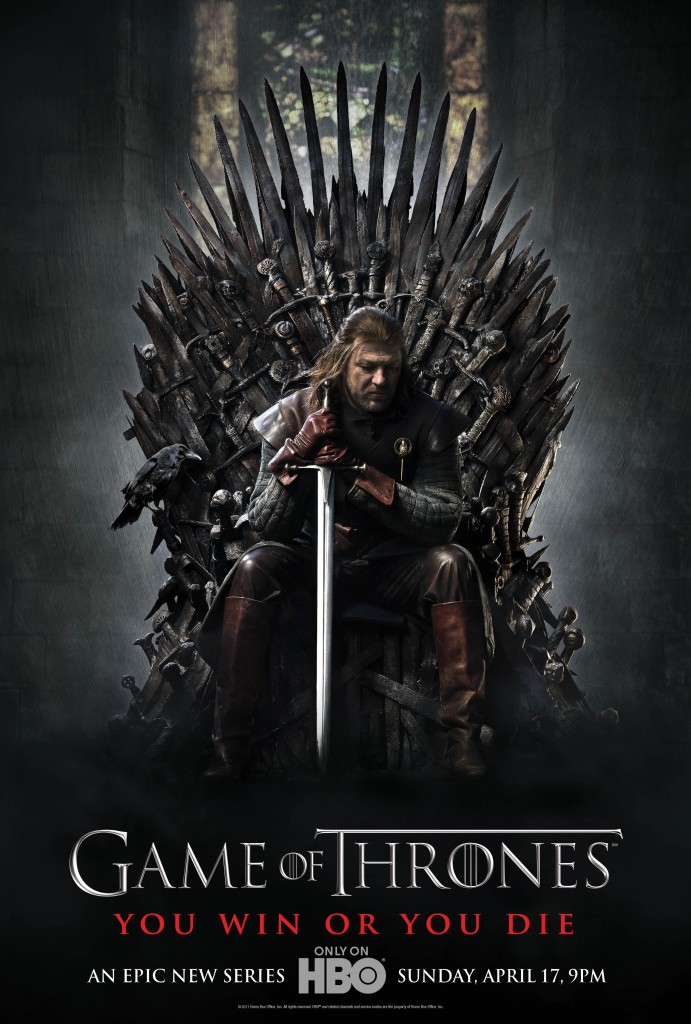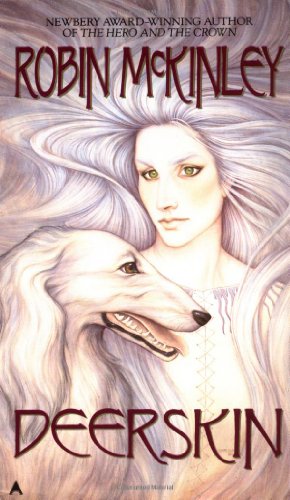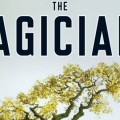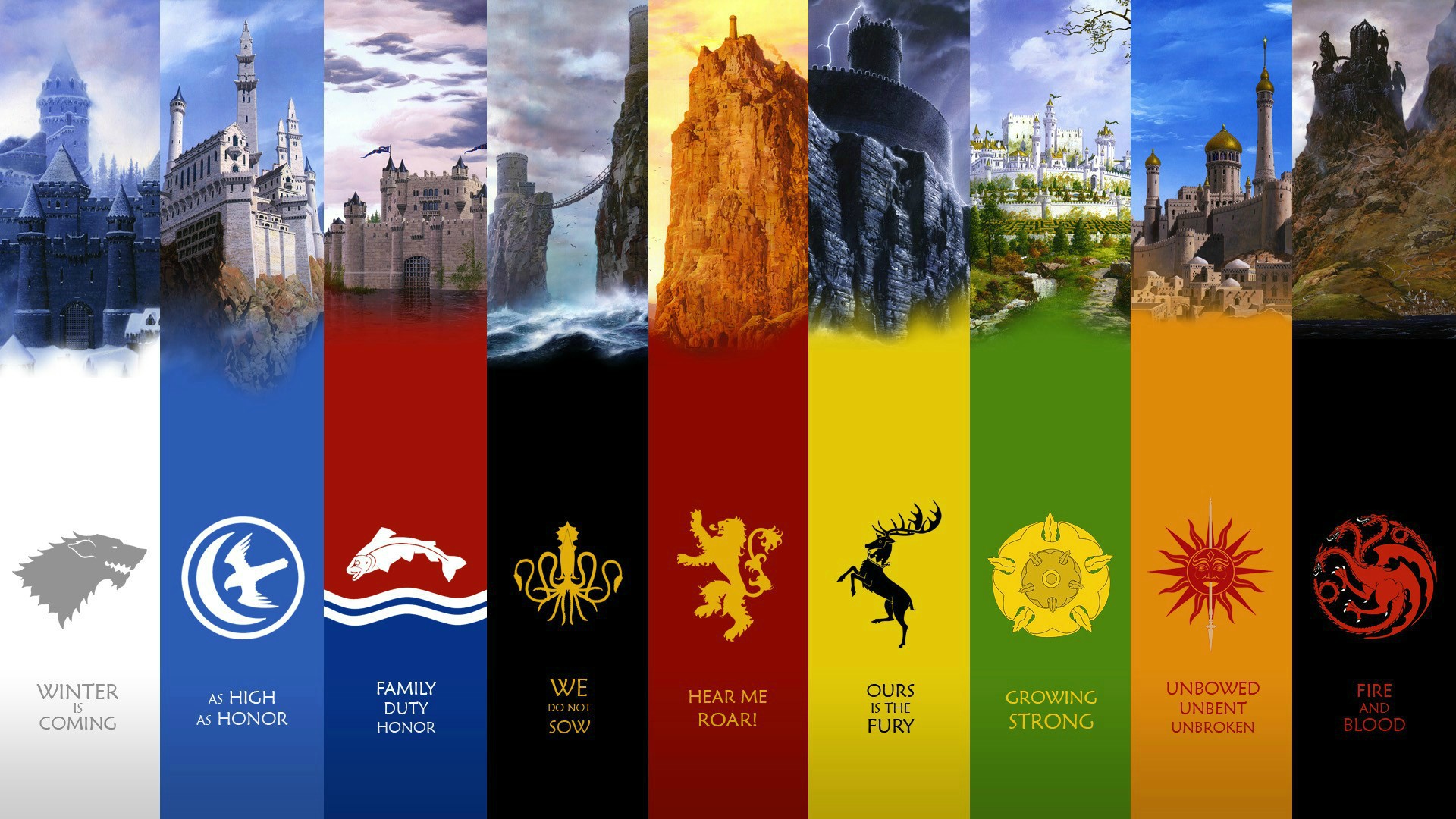It is no secret that I love Robin McKinley. The book that I most often reread is The Hero and the Crown, a favourite of mine since I was a child. Having previously only known her as a children’s writer, I am now enjoying exploring the world of her novels for adult readers – first with Sunshine and now Deerskin. I found this novel to be no exception, it is thoroughly enjoyable, although I don’t think it would be everyone’s cup of tea.
Deerskin supposedly takes place in the same universe/world as Damar and lady Aerin. While both The Hero and the Crown and The Blue Sword are for younger readers, Deerskin deals with much darker themes: rape, incest, miscarriage, and psychological trauma. I find it interesting that the author has written such drastically different tonal novels for the same universe. Why did she bother to make the single reference to Aerin in order for readers to make the connection? I suppose it is perhaps only for the benefit of her long-standing fans – as those who have not read her other novels would assume it is merely a scene-enriching folk story.
*Contains spoilers: although only the precipitating ‘event’ that carries the rest of the narrative forward*
Plot
Princess Lissar is the daughter of the fairytale couple – indescribably beautiful, loved by everyone in their kingdom, with the perfect fairytale story for how they met and fell in love. But all is not as it seems. Her mother falls ill – dying of some unknown cause. His wife’s death drives the king mad, while Lissar is largely forgotten by everyone in the kingdom but those courtiers hoping to gain favour with the King. As a gift to the princess, a prince (Ossin) from a far-off land sends Lissar a puppy. This dog, Ash, becomes her best friend in the world.
Lissar’s life continues on pleasantly as she escapes most of the shallow court life in favour of running with her dog and learning herb lore. On her seventeenth birthday, her father throws Lissar a grand ball (much to Lissar’s distaste). But she is not allowed to enjoy her ball as a Princess is usually expected to. Her father keeps her to himself, not allowing any possible suitors approach. Everyone is taken aback at how beautiful the princess is, how like her mother she is.
Lissar is afraid of her father, and with good reason. Following the ball, Lissar locks herself in her room for three days. On the third night, her father manages to break into her room, badly wounding Ash, and raping Lissar. Lissar feels as though she might die, but finds the strength to escape the city. Here begins her journey – to find a new home, a new life, and to discover who she really is.
Genre
I have been trying to broaden my horizons recently into more fantastical reading – namely, fantasy and science fiction. At first glance, this novel fits neatly into the fantasy genre. It is dark fantasy with dark themes, which is very popular at the moment (although this novel was originally published in 1993).
 George R. R. Martin is all the rage today, thanks to HBO’s excellent series Game of Thrones, based on his fantasy series A Song of Ice and Fire. Fans of that series talk about how gritty and ‘real’ the novels are, something that is generally lacking in ‘high’ fantasy. While Deerskin is an older title, it holds up well. It is also similar to Martin’s breed of fantasy, as there is a limited amount of actual ‘fantasy’ in it. This might sound strange, but it really works. There are only the barest hints of magic through most of Deerskin, with a brief appearance from a dragon. This allows McKinley to explore her dark themes within a fantastical world, without detracting from the nature of those themes.
George R. R. Martin is all the rage today, thanks to HBO’s excellent series Game of Thrones, based on his fantasy series A Song of Ice and Fire. Fans of that series talk about how gritty and ‘real’ the novels are, something that is generally lacking in ‘high’ fantasy. While Deerskin is an older title, it holds up well. It is also similar to Martin’s breed of fantasy, as there is a limited amount of actual ‘fantasy’ in it. This might sound strange, but it really works. There are only the barest hints of magic through most of Deerskin, with a brief appearance from a dragon. This allows McKinley to explore her dark themes within a fantastical world, without detracting from the nature of those themes.
On the other hand, it could be questioned whether it is really fantasy at all. The genre and setting of the novel also work as a framing device for the sole purpose of delving into the mind of someone struggling with deep psychological trauma. The only reason we are (supposedly) sure of the reality of all the events, is that a) the story is delivered in third person (like most fantasy novels) and b) Lissar’s life before the precipitating trauma is also revealed to us. But I do like to think of this novel as simply a psychological journey into a disturbed mind.
Themes
Beauty
Many fairytales tell us that beauty is within. McKinley plays with this theme over and over again throughout Deerskin: juxtaposing characters, cities, and families. Lissar’s mother is repeatedly referred to as ‘the most beautiful woman in seven kingdoms’. However beautiful she may be, she is a terrible mother. Lissar knows only of her parents through the stories, and as a terrifying (although beautiful) figure in the distance. When her beauty begins to fade, the Queen loses the will to live, solely concerned with capturing her beauty for the world to remember her by.
Everything about the kingdom Lissar comes from is beautiful – her parents, the grand court, the castle. It celebrates material wealth; they are bigger and better. The kingdom that Lissar travels to is placed directly in contrast with this. The king and queen are approachable, down to earth – everyone in the Yellow City will find work if they ask for it. The royal family of the Yellow City is loved for a completely different reason that Lissar’s parents – their kind natures. They are a plain family, stocky and unattractive, but good people.
Prince Ossin is the ultimate example of this. Lissar’s father is handsome, thin, and tall, while Ossin is stocky with a large chin and thick, workman-like hands. He has no grace or royal look to him at all. But his love of his dogs and the care that he gives them is an example of his good nature. Meanwhile Lissar’s father orders to have Ash killed so that Lissar may focus all of her attention on him rather than her dog.
Sexuality and Violence: Blood
I think the limiting aspect of this book is that it is very feminine novel, particularly in thematic content. Sexuality and violence go hand in hand in this novel, particularly with McKinley’s repeated use of blood as imagery and consequence. More specifically, the novel deals with female sexuality. The rape scene is possibly a little glossed over, but with good reason. Lissar herself is unable to process the thoughts. But the aftermath is ever present in the book.
More than any other novel I’ve read, Deerskin repeatedly mentions menstrual cycles, which Lissar refers to as ‘moon blood’. For her it is something to fear – once she has experienced her first menstruation, she becomes a target for her father. It is the lack of ‘moon blood’ that alerts her to her condition – being pregnant with her father’s child. And blood again when she loses that child. Her menstrual blood, along with the blood of the animals she kills, all wipe clean off her white deerskin dress. The final ‘confrontation’ in the novel sees Lissar bleed from her hands, bleeding everywhere.
Psychological Trauma
Deerskin is a psychological novel – the structure of the novel reflects the state of Lissar’s mind. I read a few reviews of this novel before reading it, and they often commented on the way that the novel loops back on itself, seemingly repeating sections of action. While I admit that this sometimes does drag on a little bit, I think it is done for a very specific reason. Lissar is unable to face the trauma she has experienced, so she suppresses it. When new experiences open themselves up to her, she runs away – running from both her past and her possible future. She is turning back on herself, as her mind does; constantly circling, trying to find its way past the trauma but unable to leave it behind.
Lissar’s journey in the physical sense is away from her past, mirrored by the movement she is making in her mind. She takes some steps forward, three steps back. She is only free to physically stay in her new found home once she has attacked (and purged) the demons in her mind.
Verdict: This is a thoroughly enjoyable dark fantasy novel. I would recommend it more so to female readers and put forward the caveat that this is not for the squeamish.
 Pop Verse Pop Culture Universe
Pop Verse Pop Culture Universe







